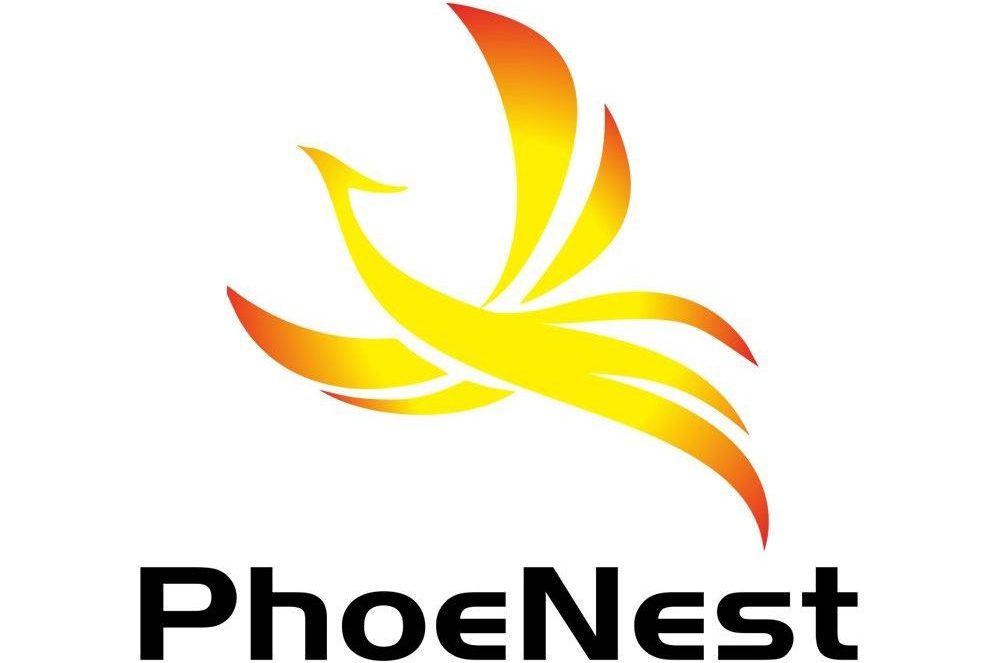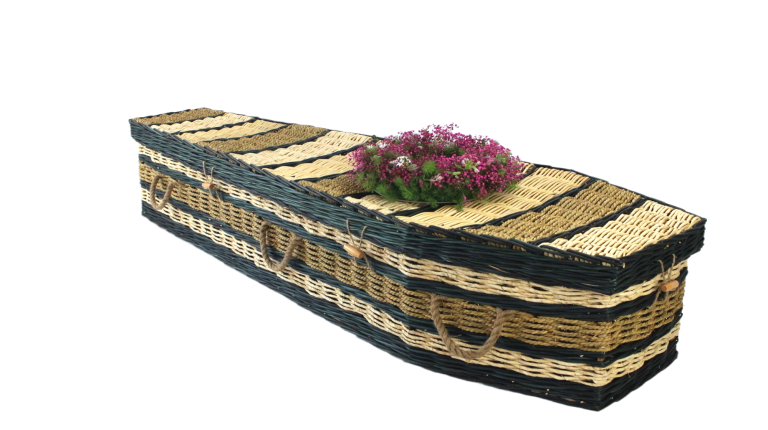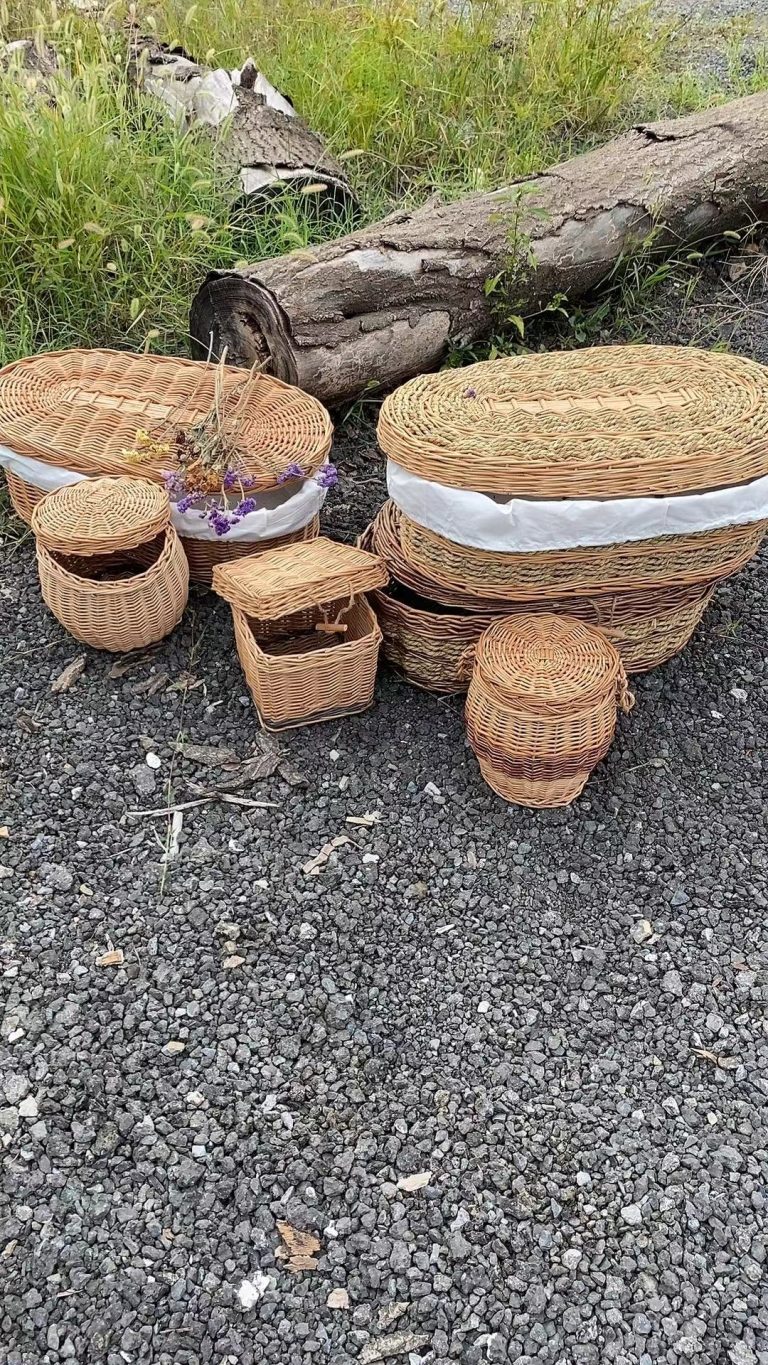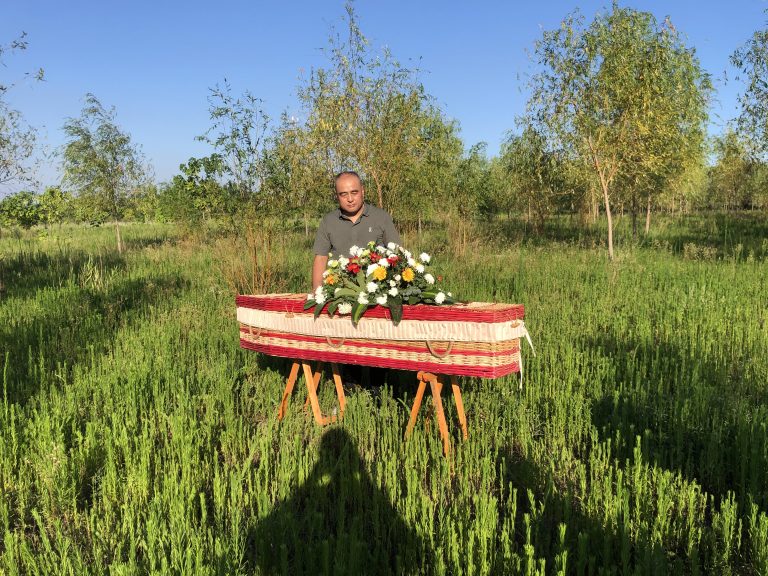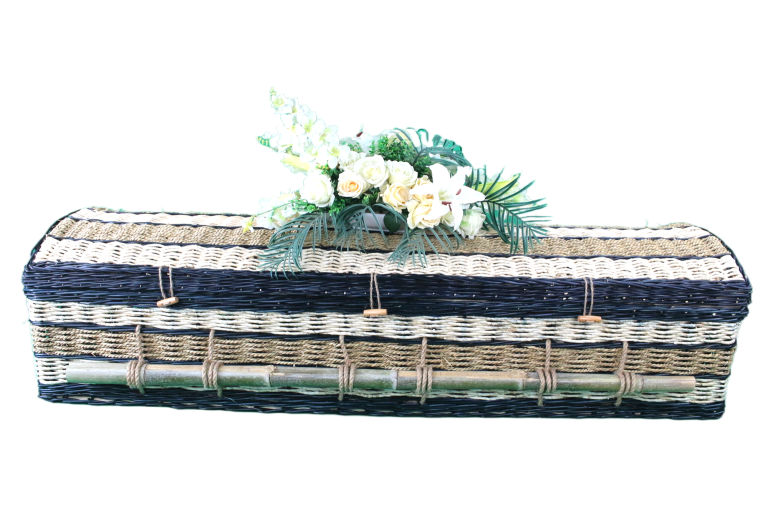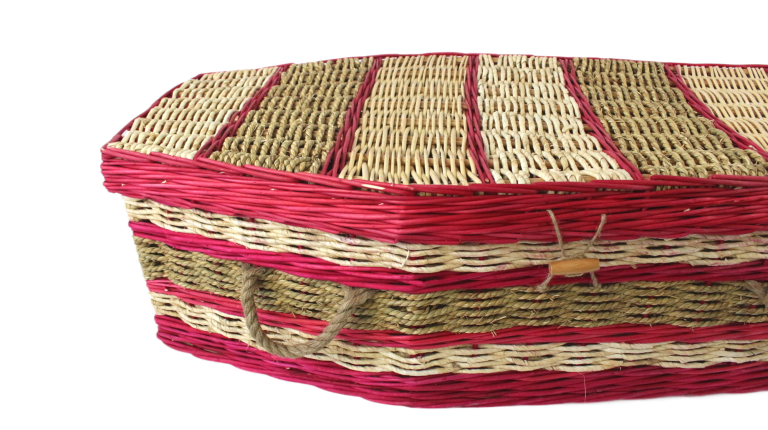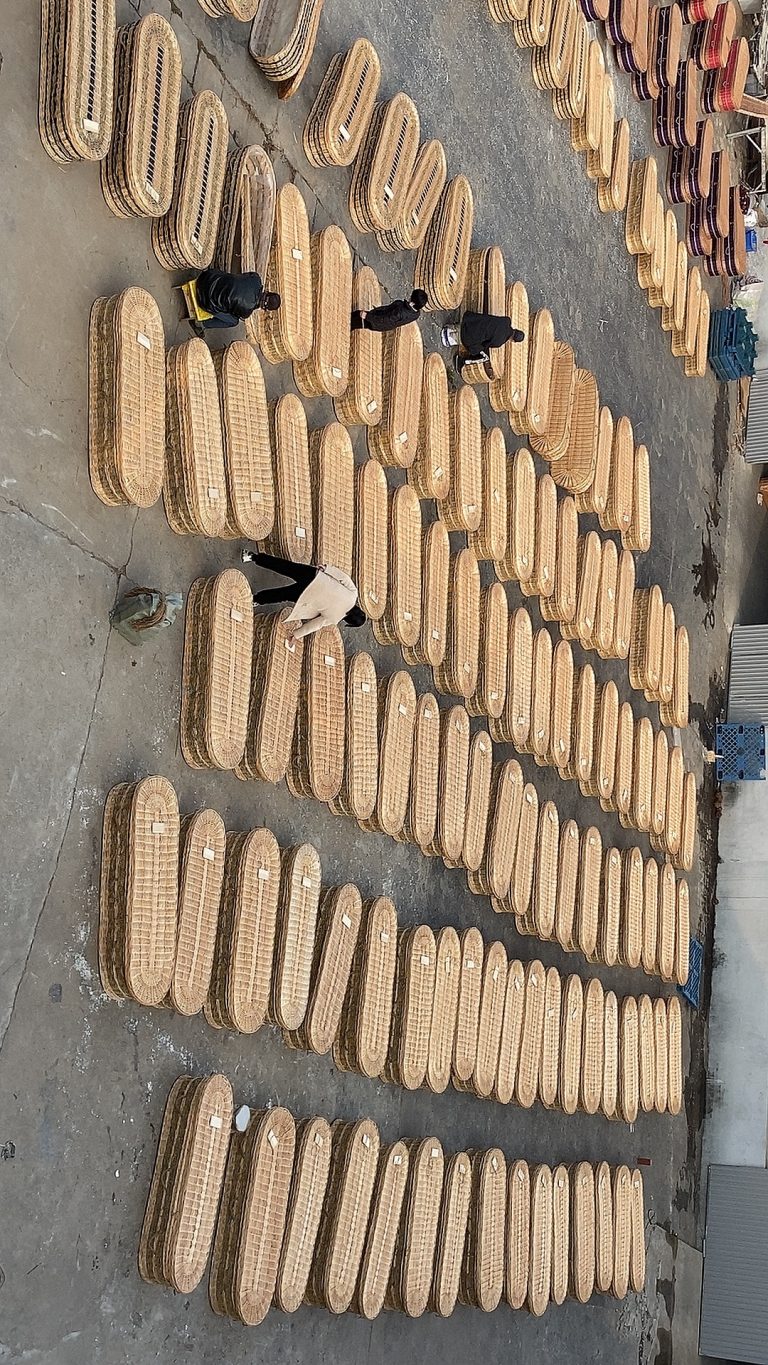In recent years, eco-friendly burial practices have gained global traction, with natural materials like willow , bamboo, and seagrass leading the charge. Among these, willow coffins have emerged as a popular choice due to their biodegradability and aesthetic appeal. But are they expensive? The answer lies in a blend of craftsmanship, material sourcing, and regional industrial strengths—none more prominent than China’s Linshu Linyi region, the global hub of willow weaving.
Understanding willow coffin Pricing
willow coffins are generally more affordable than traditional hardwood or metal caskets. Prices typically range from 300 to 1,500 USD, depending on size, design, and craftsmanship. For instance:
• Basic models: handwoven willow coffins start at around 300–500, ideal for simple burials or cremations .
• Mid-range options: Artisanal designs with decorative handles or hybrid materials (e.g., willow + bamboo) cost 600–1,000 .
• Premium versions: Customized coffins with intricate patterns or hybrid materials (e.g., willow + linen linings) can reach 1,200–1,500 .
By comparison, conventional hardwood caskets (e.g., mahogany or walnut) often exceed 3,000, while metal or gasketed models can surpass 10,000 . willow coffins’ affordability stems from their lightweight, renewable materials and labor-efficient weaving techniques.
Linshu Linyi: The Global Source of willow coffins
The Linshu Linyi region in Shandong Province, China, produces over 80% of the world’s willow products, including coffins, baskets, and furniture . This dominance is rooted in:
1. Centuries-Old Craftsmanship: willow weaving here dates back 1,400 years, with artisans refining techniques passed through generations.
2. Sustainable Resource Management: The area’s abundant willow forests and innovative use of hybrid materials (e.g., willow + iron or grass rope) ensure cost-effective production .
3. Export Powerhouse: Linshu factories supply 40+ countries, including the UK, Australia, and the U.S., leveraging economies of scale to keep prices competitive .
For example, Linshu Phoenixnest Arts & Crafts Co., a leading factory, produces willow coffins at 30–50% lower costs than European competitors by integrating automation with traditional methods .
Global Trends Driving Demand
1. Eco-Consciousness: The global green funeral market, valued at $622 million in 2024, prioritizes biodegradable options. willow coffins, breaking down within months, align with this ethos .
2. Cultural Shifts: In Western markets, minimalist and natural aesthetics resonate with younger generations, boosting demand for willow ’s rustic charm .
3. Customization: Buyers increasingly seek personalized designs, from engraved names to floral motifs, which Linshu factories efficiently produce .
Challenges and Innovations
While affordable, willow coffins face challenges:
• Durability: Unlike metal or hardwood, willow requires careful handling. Factories now use reinforced stitching and hybrid materials to enhance longevity .
• Certifications: Compliance with international standards (e.g., FSC-certified willow ) adds costs but ensures eco-credibility .
Meanwhile, innovations like 3D-printed willow molds and solar-powered drying techniques are streamlining production, further reducing prices .
Conclusion
willow coffins offer a sustainable, affordable alternative to traditional burial options. Linshu Linyi’s industrial ecosystem—combining heritage, efficiency, and innovation—positions it as the backbone of this growing market. As global demand for eco-friendly alternatives rises, the region’s factories are poised to meet it, proving that tradition and modernity can coexist in death as well as life.
For further details on pricing tiers or sourcing from Linshu manufacturers, refer to industry reports or direct factory contacts .
We are a factory supporting eco friendly green funeral(natural willow coffins\bamboo caskets and so on) .. for detail please contact us www.phoenixnestcoffins.com;
Phoenix Nest ( Shandong ) Crafts Co.,Ltd.
Whatsapp: +86-18265103836 (Whatsapp & Wechat & Tel)
Email: jason@phoenxinestcoffin.cn
#willow coffin#greencoffins#bamboocaskets#urns#naturalcoffins#chinafactory#scattertube#naturalburial#FuneralSupplies#cross#flowerbands#shrouds #carrierfuneral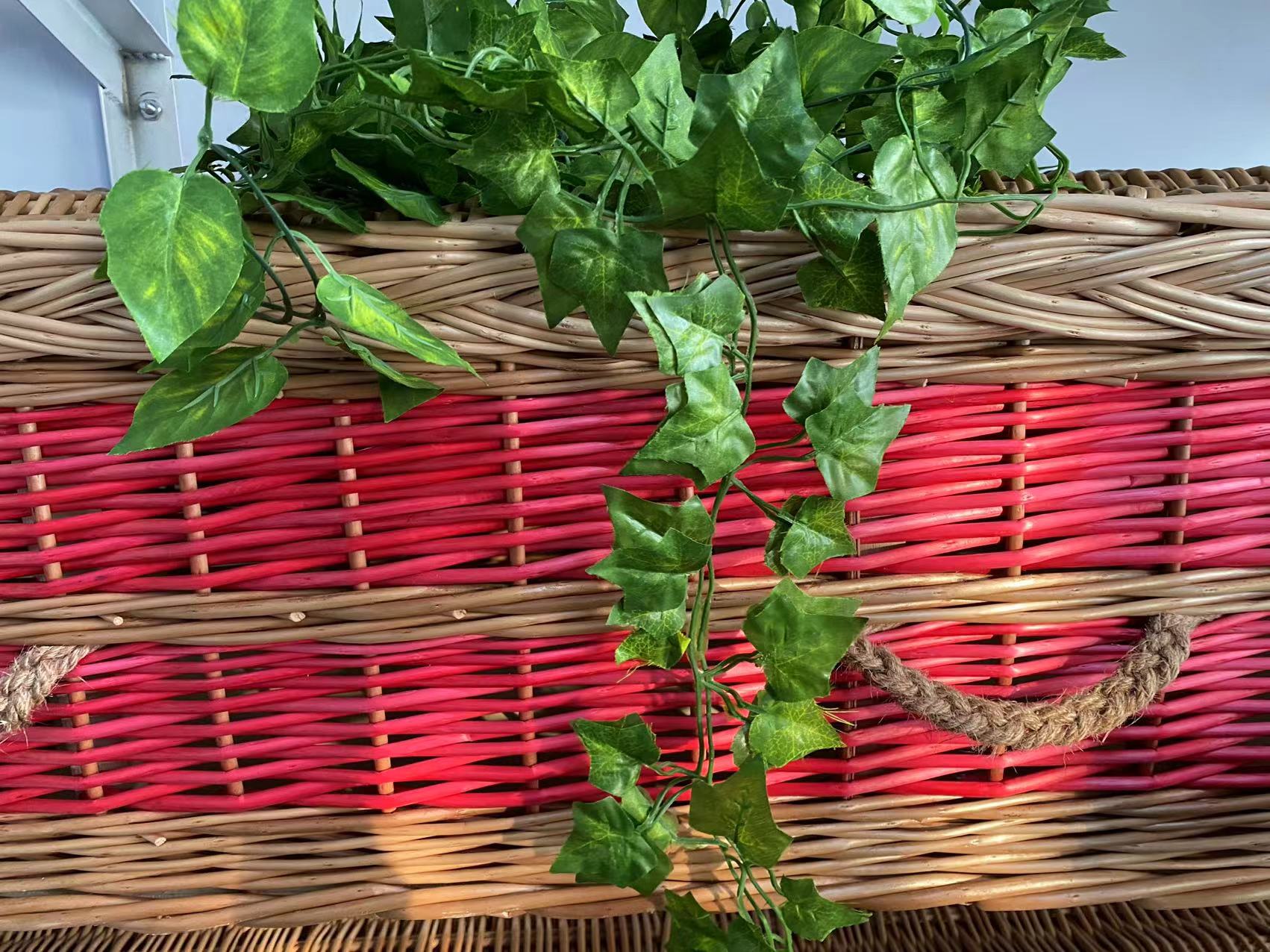 A wicker coffin emits approximately 28.7 kg CO₂e, significantly less than a traditional hardwood coffin (43.6 kg CO₂e),this advantage appeals to sustainability-conscious families#phoenixnestcoffins #crematorium#uniqueurn #keepsakes #keepsake@everyone@followers
A wicker coffin emits approximately 28.7 kg CO₂e, significantly less than a traditional hardwood coffin (43.6 kg CO₂e),this advantage appeals to sustainability-conscious families#phoenixnestcoffins #crematorium#uniqueurn #keepsakes #keepsake@everyone@followers
